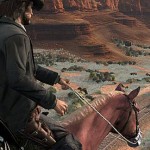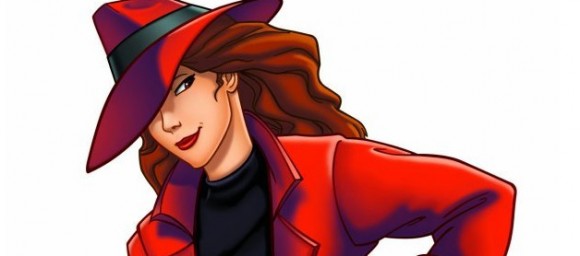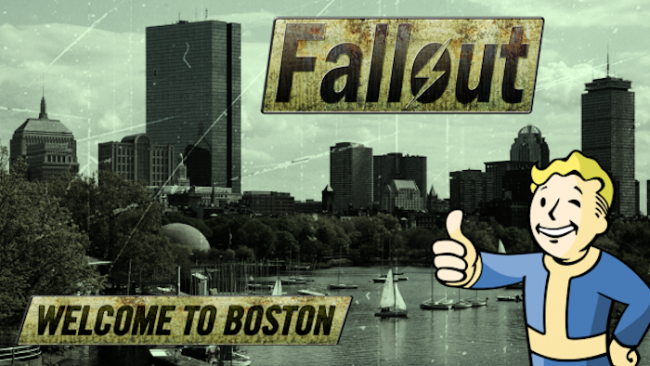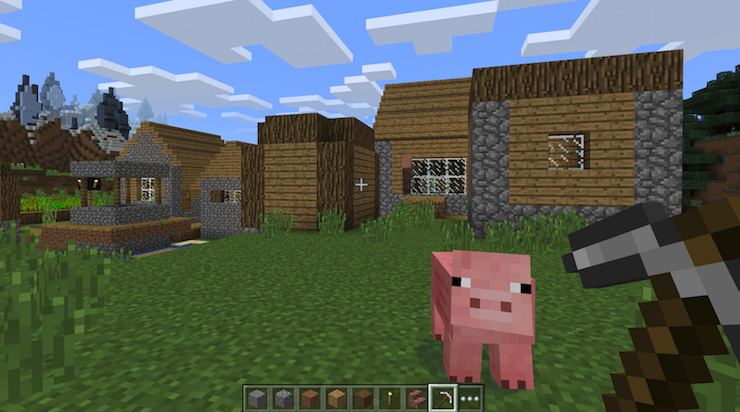Who assassinated John F. Kennedy? What was the Wild West like? I admit I haven’t had a history class in over fifteen years. If you’re like most people, a lot of what you “learn” about history is from Wikipedia these days—because our curiosity usually stops after we read the first hit that pops up in a Google search. We know better. I know better. But, we get the gist from that first Google hit, and we are pacified. Accurate dates, specific details, facts—they all just get in the way of a good story anyway, right?
Since its release, people have been playing Call of Duty: Black Ops by the millions. In this game, players “learn” about the Cold War and historic military leaders. Over the holiday break, I sat and watched my cousin’s 14-year-old stepson play Black Ops and absorb all aspects of the narrative. I confess that I don’t know enough about military history to know much more than the game offered. How much is fact and how much is fiction? Kennedy, Castro, McNamara? This is like Forest Gump—a blending of fictional characters with historic figures. I don’t know what my cousin’s stepson is learning in his history classes, but I know he plays Black Ops over and over and over again. Where does history stop and a playful fiction begin?
On one level, you can play against “real” people—through Xbox Live—and have a shootout in a place called Nuketown. Do people under a certain age even know what Nuketown represents? Do they know about the fallout from such nuclear tests? The damage done to the environment, inhabitants of the land, the repercussion of those plastic towns meant to measure the damage leveled by a nuclear warhead? To them, it is simply a background for stimulating fake gunplay. To others, who lived the history, Nuketown symbolizes a scar that still seeps.
Many players don’t remember the Cold War and what the threat of nuclear annihilation meant. The threat still overshadows us all, but supposedly, over the years, rhetoric and politics have cooled. And, yet, this young man sneaks through 60’s style kitchens, slinks behind mannequins, and shoots to kill his on-screen enemies (at the time) seemingly unaware of the complicated history of such a setting. Call of Duty has used history as a backdrop before. Many of the installments in the series have been set during World War II. Are these games also now teaching history? How accurate is it? Call of Duty is not the only game series that delves into history.
In Red De ad Redemption, a player gets the flavor of the Old West. As with other games by Rockstar, we find the female characters mostly in the saloon dressed in nothing but corsets and easy smiles. They embody sexuality and helplessness. There are exceptions, of course, the character of Bonnie being one of the most notable. She owns land and hires James Marston to work on her property. Otherwise, the women of Red Dead Redemption spend most of the time being maimed, killed, or abused. Did that happen in the Old West? Was it really so dangerous to be a woman back then?
ad Redemption, a player gets the flavor of the Old West. As with other games by Rockstar, we find the female characters mostly in the saloon dressed in nothing but corsets and easy smiles. They embody sexuality and helplessness. There are exceptions, of course, the character of Bonnie being one of the most notable. She owns land and hires James Marston to work on her property. Otherwise, the women of Red Dead Redemption spend most of the time being maimed, killed, or abused. Did that happen in the Old West? Was it really so dangerous to be a woman back then?
In the game, we ride our trusty horse from town to town, gunning down outlaws, collecting bounties, and helping folks who need rescued. We can play poker at the local saloon, down a shot of whisky, partner with a Snake Oil salesman, watch a cartoon at the schoolhouse/church (a real one from 1911?), ride in a stagecoach, and learn about the Old West while jostling around inside a train. In almost every cut scene, we are given some glimpse of what life was like in the early part of the 1900’s. Or, are we?
Red Dead Redemption seems intent on teaching us about the past, or at least some version of it. As a white male outlaw who tries to do good, we shoot and skin animals, leaving their carcasses to rot in the heat of the noonday sun. Greed? That sounds familiar. We loot dead bodies for supplies and money. Is this just a “game” that we can play and enjoy, or do the creators also hope to educate us about what the era was like? If so, then, perhaps, more authenticity should be expected?
I recently had a conversation about these games with a young friend. We were speaking primarily about the depiction of women in video games. Finally, he asked me, “Is that really what it was like back then?” History is complex and flawed. We know that people in power often get to decide what the history books will record. But, these games seem to give us a cartoon-ified version of the past. In both games, as in many others, we get a Wiki version of the past: handy, simple, and convenient. Yes, movies are guilty of it, too, but the games invite us in, they pretend to give us the vicarious experience of another life, and I wonder how turning history into a game plays with those facts we learned in history class and affects the way we interact with our present.




